20+ Years Experience
Specialist Business Insolvency Company

This comprehensive guide offers a wealth of information on the often-misunderstood world of personal guarantees.
We’ll cover topics such as evaluating other contracts, the risks and benefits of signing a personal guarantee, key clauses to look out for in personal guarantee contracts, common loopholes you can use to reduce your exposure, and much more.
Our team is dedicated to providing valuable insights for business owners and other individuals needing these services.
From essential terminology to practical examples, this article is an invaluable resource for anyone with questions about personal guarantee agreements and how to protect themselves when signing one.
We aim to assist you in the practical choice of navigating through the various options available and understanding the effect each choice may have on your financial security.
A personal guarantee is an agreement in which one party (the guarantor) agrees to be responsible for another party’s debt or contractual obligations (the borrower). This type of contract is often used in business loans, where the lender may require one or more directors to sign a personal guarantee before extending the loan.
The guarantor is personally responsible for the debt, and if the borrower fails to make payments, the guarantor will be liable for the remainder of the debt.
When signing a personal guarantee, the guarantor is making a contractual commitment to the lender to pay the debt should the lender agree the borrower default. This commitment is also known as a “see to it” guarantee, and the guarantor promises to honour the primary contracting party’s failure to perform their obligations.
Consideration is also necessary for a personal guarantee to be enforceable and is the value one party gives to another in exchange for a promise.
The guarantor is often exposed to personal liability, as the lender can pursue them for repayment through the courts. This means that the guarantor’s personal assets, such as their home, can be seized to cover the outstanding balance. Understanding the implications of signing a personal guarantee is important, as it can have serious legal and financial consequences.
Limitations may be placed on the guarantor in a loan secured by collateral. For example, the guarantor is not obligated to make payments unless there remains a balance outstanding under the loan after all such collateral has been liquidated and the net proceeds applied to the loan.
When signing a personal guarantee, the guarantor assumes personal liability for the business’s debt. This guarantee liability means that if the business is unable to repay the debt, the guarantor’s personal assets can be seized to cover the outstanding balance.
This type of liability is known as secondary liability, as the guarantor is not primarily responsible for the performance of the contract and therefore receives no benefit from the contract.
The guarantor must sign the document in their personal capacity for it to be enforceable, and the document must be presented to evidence the personal guarantee. Understanding the liabilities associated with a personal guarantee is important to protect oneself from potential legal action.
One should also be aware that a personal guarantee may be rendered unenforceable due to certain circumstances outside of the contract, such as if the document is not in writing, there is no consideration, or the signing process is not completed correctly.
The state of affairs and knowledge of the parties at the contract date can also impact the outcome of the case of a guarantee.
The parties’ knowledge can help clarify the scope and extent of the guarantee. This, in turn, would determine the obligations of the guarantee.
It is also possible for other lenders or the guarantor to agree to cancel their personal guarantee. However, this must be agreed upon by both the lender and the guarantor.
It is important to understand the liabilities associated with a personal guarantee to protect oneself from potential legal action.
This can include potential personal liability, a contractual commitment to pay the debt, and the potential for the guarantor’s assets to be seized to cover the outstanding balance.
By understanding the liabilities and potential loopholes associated with personal guarantees, individuals can better protect themselves should the worst occur.
When it comes to enforcing a personal guarantee, the lender may or may not have to sue the business before the guarantor.
This depends on the type of guarantee and terms of the loan facility.
The collection guarantee is an example where a guarantor ensures that the lender receives all payable monies from the borrowing business. Such a guarantee assures the lender that they will be repaid.
The lender must also consider the terms of the guarantee and whether or not there is a cap on the period in which legal proceedings can be taken against the guarantor. This is known as a ‘limitation period’.
The lender may also take into account whether the personal guarantees are capped. Outlines that this is sometimes the case.
Furthermore, the lender must consider other factors that would determine whether or not they can rely on the guarantee.
Outlines that these are the guarantee terms and the creditor’s behaviour.
If the creditor behaved unreasonably, the guarantee may be unenforceable. For example, if the loan documents were incomplete or the lender failed to follow the correct procedure.
In the event of default, it is usually the director with the highest value assets or the most financially able to pay the debts owed; the lender will target that. This is the case when multiple directors provide a personal guarantee.
By understanding the terms of the guarantee, the creditor’s behaviour, and the circumstances of the loan, you can determine if a personal guarantee is unenforceable, challenge it if necessary, and provide further legal services and guidance on this matter.
When signing a personal guarantee, it is important to consider ways to limit your liability as a guarantor. One way is to make sure that you are not the only guarantor, but that there is also a co-guarantor.
This helps spread the risk of the guarantee among multiple parties and makes it less likely that the lender will come after you for the full amount.
Another way to limit liability is to ensure that the liability is limited in the guarantee agreement.
This means that the lender cannot sue you for more than what is specified in the agreement. Additionally, you may want to consider getting personal guarantee insurance, which can help reduce the risk of being held liable for the full loan amount.
Finally, you should be aware of your rights as a guarantor. In certain circumstances, a personal guarantee may be unenforceable by a lender.
For example, if the loan terms were not properly explained to you or the lender failed to follow the proper procedure for collecting the debt, the guarantee may be unenforceable.
It’s important to check if this is the case for you.
By understanding the potential loopholes and risks associated with personal guarantees, you can ensure that you are taking the necessary steps to protect yourself from unnecessary liability.
Negotiating a cap or limit on liability in the guarantee agreement is one way to protect yourself as a guarantor.
A limited guarantee is a simple form of payment guarantee that limits the amount a guarantor is responsible for, either an agreed amount or a percentage of the total debt.
If the business fails to repay the loan, the lender can only recover amounts up to the specified limit.
This can benefit the guarantor, as it provides an upper limit on the liability they are taking on.
Limiting the liability of guarantors is possible in several ways. The lender can seek up to a specific dollar amount or percentage of the loan amount through a limited recourse loan. This ensures they have a certain level of financial protection from the guarantor.
This type of loan can also protect the guarantor, as the lender cannot go after additional amounts beyond the agreed-upon limit.
Limitations of liability, limitation, or exclusion clauses can also be included in the contract to impose upper limits on recovery under a guarantee.
This type of clause can limit the amount a guarantor is liable for if the business fails to pay its debts.
Additionally, having a “co-guarantor” can reduce the liability for which the guarantor is personally responsible.
By understanding the limitations of a limited guarantee, you can better assess the enforceability of your personal guarantee.
Factors such as the amount of the loan, the terms of the loan, and the amount of the guarantee can all play a role in determining whether or not a personal guarantee is enforceable.
Furthermore, lenders may agree to modify certain contracts to make the personal guarantee more enforceable or offer thoughtful legal guidance to reduce the potential for liability.
When signing a personal guarantee, it is important to understand whether it is enforceable.
A personal guarantee is an agreement that allows a lender to go after a guarantor’s assets if a business fails to pay its debts.
As a guarantor, you are taking on significant risk when signing a personal guarantee and could be liable for the full loan amount if the business cannot repay it.
To determine if a personal guarantee is unenforceable, it is important to consider the following factors.
Firstly, if the guarantor did not receive any benefit or compensation in exchange for signing the guarantee, it may be unenforceable.
It is important to consider whether the creditor misled the guarantor or not. Additionally, it is necessary to assess if a key fact was omitted from the contract, if there are any co-guarantor issues, suspicions of fraud, or if the facility provided by the bank changed significantly since the guarantee was signed.
Additionally, non-recourse loans may provide some protection for guarantors, as the guarantor is not responsible for the lender’s losses unless bad acts were committed.
By understanding the considerations for unenforceability and the conditions of non-recourse loans, you can make an informed decision about whether or not to sign a personal guarantee.
It is important to do your due diligence and always read the terms and conditions of a loan agreement before signing. This can help you determine if you are taking on an unnecessary risk as a guarantor.
Several circumstances can make a personal guarantee unenforceable by a lender.
One example of personal guarantees being unenforceable is if the creditor misled the guarantor.
If the creditor misrepresented facts, such as the amount of the loan or the terms of repayment, then the guarantor may be able to argue that the personal guarantee is unenforceable. Additionally, inadequate consideration can also be grounds for an unenforceable personal guarantee.
This may occur when the guarantor is not adequately compensated for the risk they are taking.
Another circumstance that can make a personal guarantee unenforceable is if the limitation period has passed. A lender must usually start legal proceedings within a certain period to enforce the personal guarantee.
If the period has passed, the personal guarantors’ guarantee may no longer be enforceable.
Personal guarantees can become unenforceable due to external circumstances. This can lead to challenging situations for both the guarantor and the creditor.
These can include time-lapse reducing the chances of successfully defending it, changes in financial circumstances, changes in law, misrepresentation or fraud.
Finally, a personal checking account can also help limit the guarantor’s liability.
This can be done by opening a separate personal checking account for the loan and then making all payments from this account. This will ensure that the guarantor’s other personal assets are not at risk.
Understanding the circumstances that can make a personal guarantee enforceable or unenforceable is important to protect yourself from potential liability.
Knowing what to look for and understanding the potential risks of signing a personal guarantee can help you make an informed decision when entering into a contract.
A personal guarantee can be unenforceable if the limitation period has passed or other reasons might deem it unenforceable.
This can be due to various issues, such as the other party breaching the contract or not fulfilling their obligations.
Additionally, the personal guarantee may be unenforceable if the lender does not follow the correct legal process in pursuing loan repayment.
It is also possible for a personal guarantee to become unenforceable due to things that happen outside of the contract.
For example, if both the principal debtor, the guarantor and the co-guarantor have already settled with the creditor, the guarantee may be deemed unenforceable. Similarly, if the contracting party has gone through bankruptcy, the personal guarantee may no longer be valid.
Furthermore, it is important to be aware that some contracts contain indemnity clauses which protect the other party from any potential liabilities.
These clauses can be identified by using words such as “indemnify” and “hold harmless”. In such cases, the personal guarantee may be unenforceable if the lender does not meet the conditions stated in the indemnity clause.
It is important to understand the circumstances that can make a personal guarantee unenforceable to protect yourself from potential liabilities. By properly researching and understanding the legal terms of the personal guarantee, you can ensure a quick process in case of any legal proceedings.
This can help you ensure you are not liable for any obligations the company has failed to meet.
When a personal guarantee is unenforceable, it may be possible to challenge it.
This is a complex process, and knowing all the potential factors that can make a personal guarantee unenforceable is important.
This includes any attempts to mislead the guarantor, such as making false statements about the loan or failing to disclose the potential risks of signing the guarantee. It can also include any attempts to influence the guarantor, such as using economic duress or undue influence.
It is also important to consider whether there have been any changes in circumstances since the guarantee was signed. For example, if the financing was approved without the personal guarantee, but the guarantor was asked to sign after the fact, this could be considered a form of economic duress.
Additionally, if the guarantor was misled about the loan or didn’t understand the terms, this could be a factor in challenging a personal guarantee.
It is important to seek advice from experienced advisors and Insolvency Practitioners to achieve the best possible outcome.
These professionals can offer thoughtful legal guidance and advise on handling the situation. Additionally, they can advise on protecting personal assets, such as cash in a personal checking account, savings and investments, and future wages.
When challenging a personal guarantee, it is important to have documentary evidence to support the claim. This includes providing evidence of any misrepresentations or omissions by the lender.
It is also important to consider if there is more than one director, a co-guarantor, or an authorised agent who can sign the guarantee on behalf of the company directors. If the company director is personally responsible for the debt, this could be a factor in challenging a personal guarantee.
Receiving independent legal advice is often recommended when challenging a personal guarantee. This is because the process can be complicated and time-consuming, and it is important to have a legal professional who can guide the best course of action.
Additionally, it is important to provide legal advice and consider the implications of legal action, such as the possibility of having to pay the debt even if the guarantee is successfully challenged.
Signing a personal guarantee makes guarantors personally liable for the debt of another. It exposes them to potential legal and financial consequences, so it is important to understand these liabilities and any associated loopholes.
A limited guarantee limits the amount a guarantor is liable for, and can often be agreed upon in the loan contract, while checking if a guarantee is unenforceable can be done by assessing various factors such as benefit or compensation received and non-recourse loans.
Personal guarantees may become unenforceable due to circumstances such as limitation period expiry, breach of contract and incorrect legal process, which should all be considered when challenging the guarantee through legal action.
It is best to seek advice from experienced advisors and Insolvency Practitioners before making decisions.
Through this comprehensive guide, we have explored the risks and loopholes of personal guarantee contracts, offering an understanding of the many factors and potential legal liability associated with them and what to consider should you decide to accept one.
We can help people across the UK looking for help with unenforceable personal guarantees and loopholes.
Here are some other informative articles about business debt in the UK:

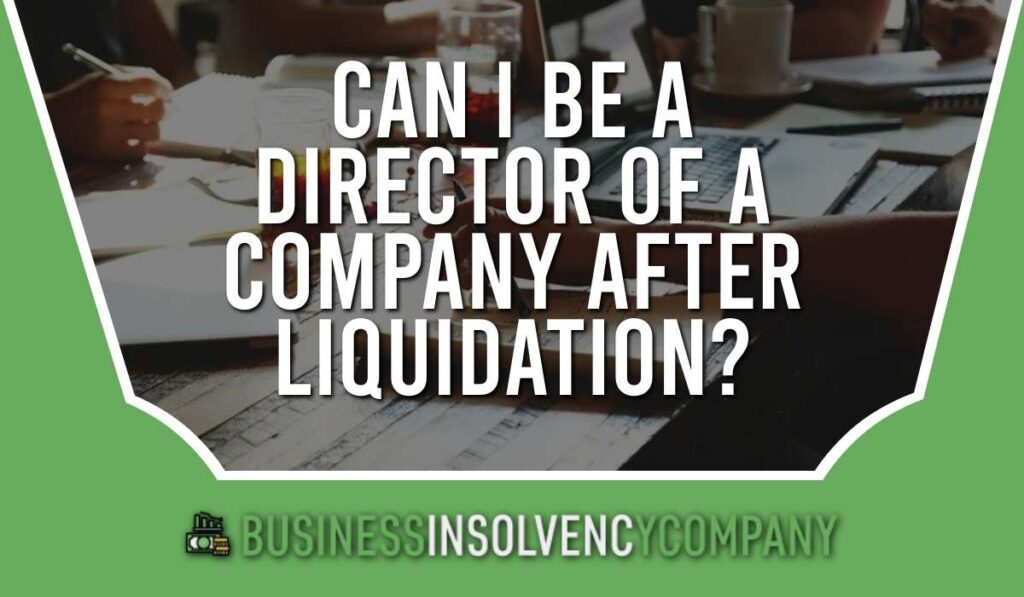


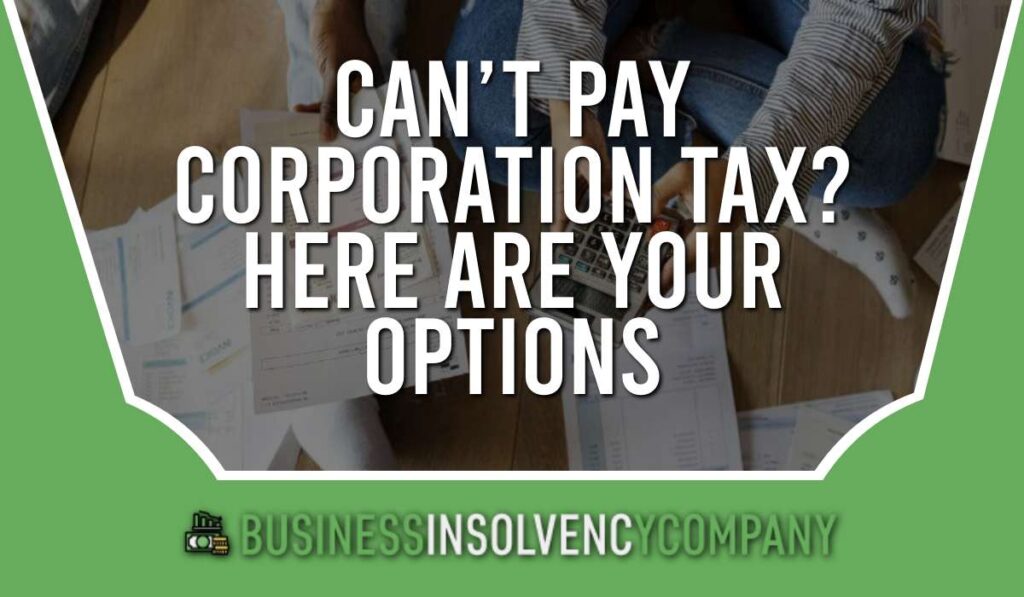

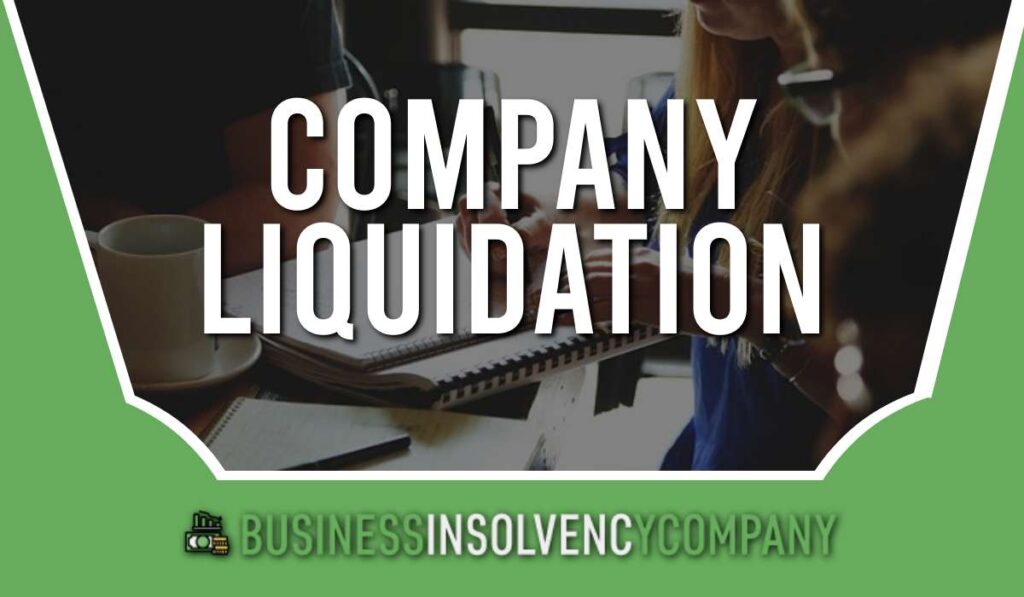



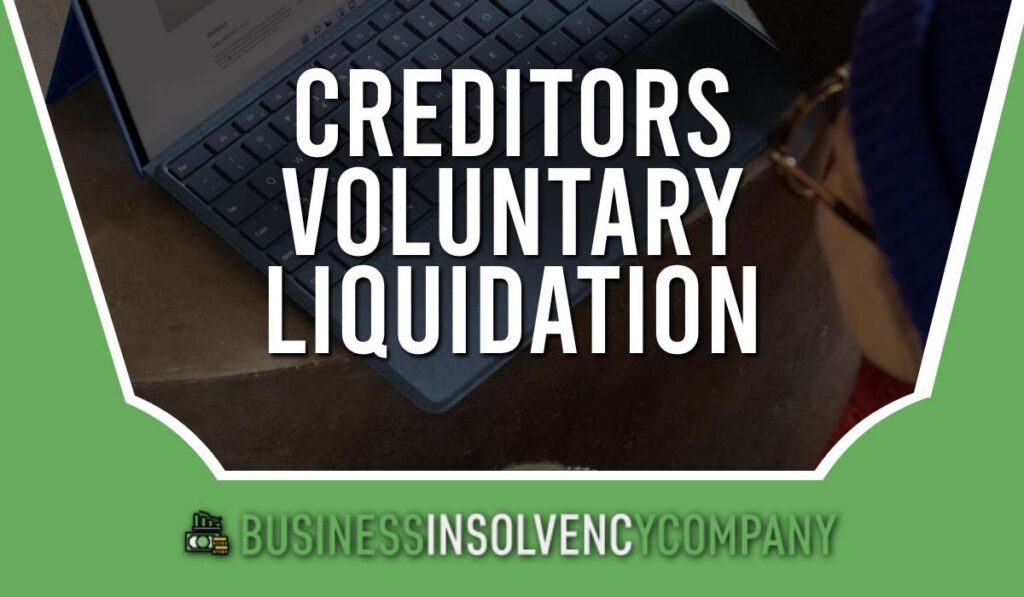
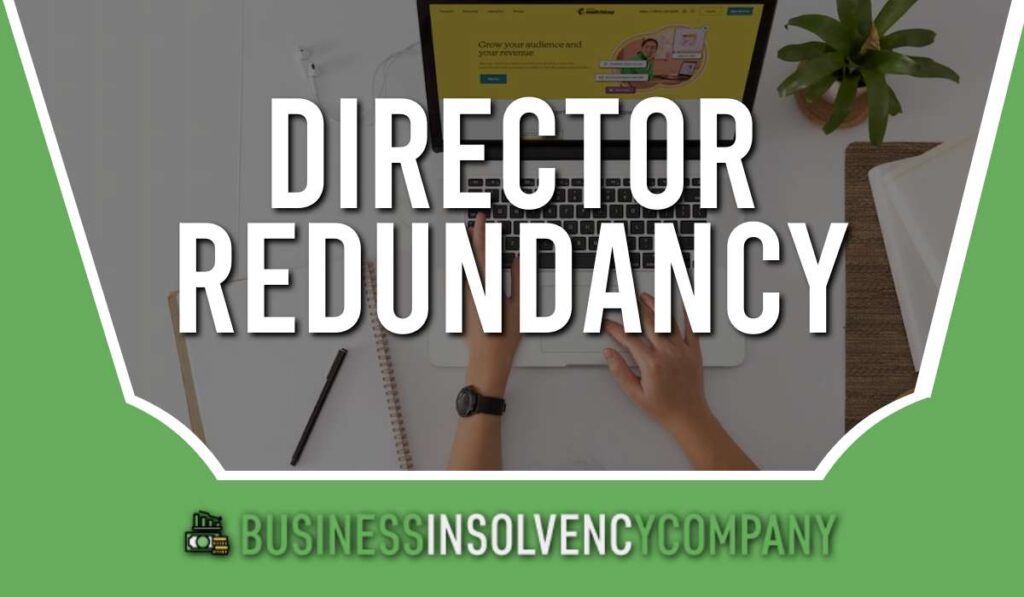

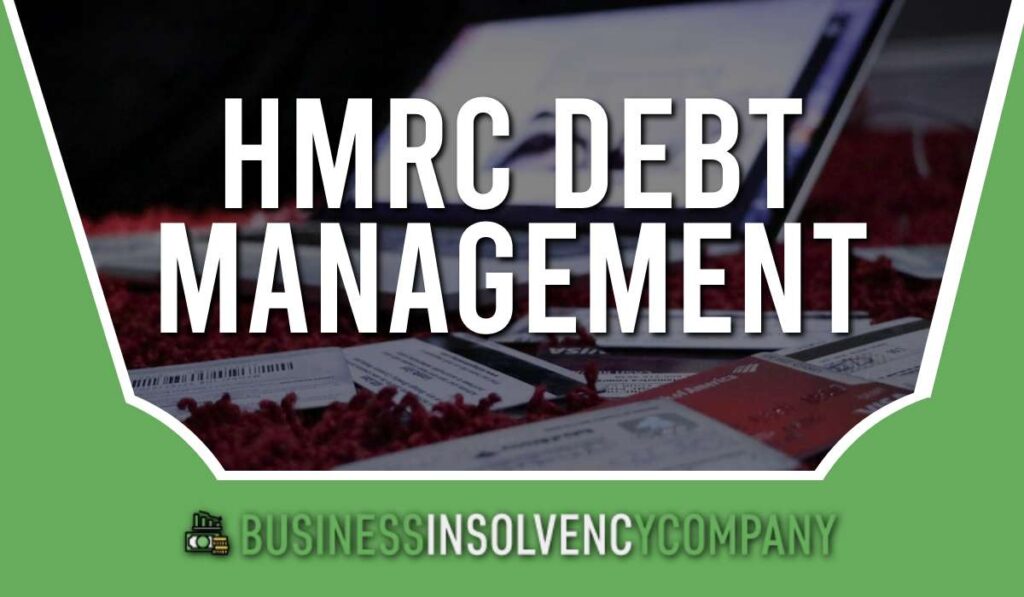

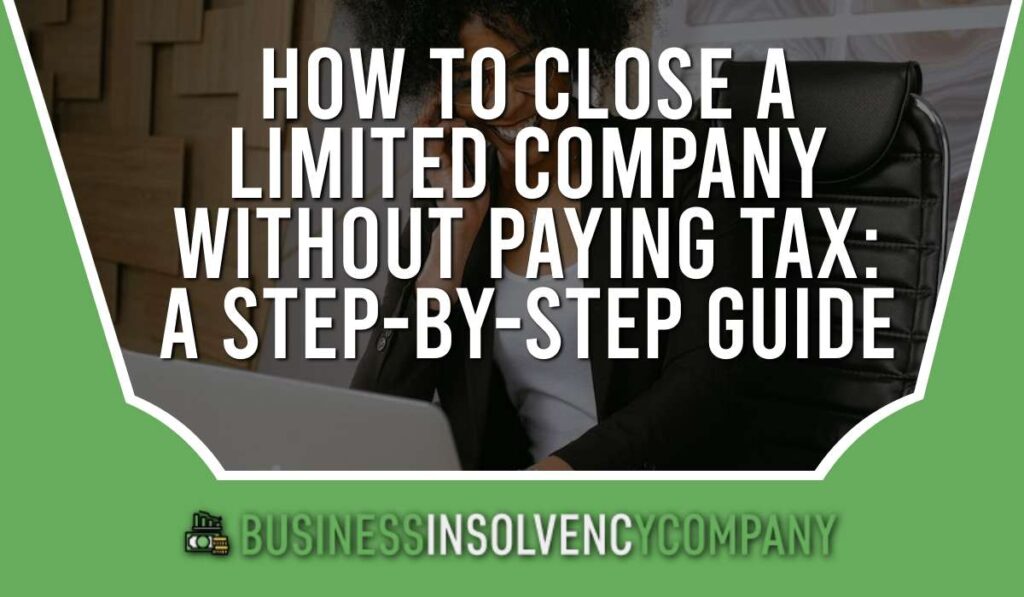
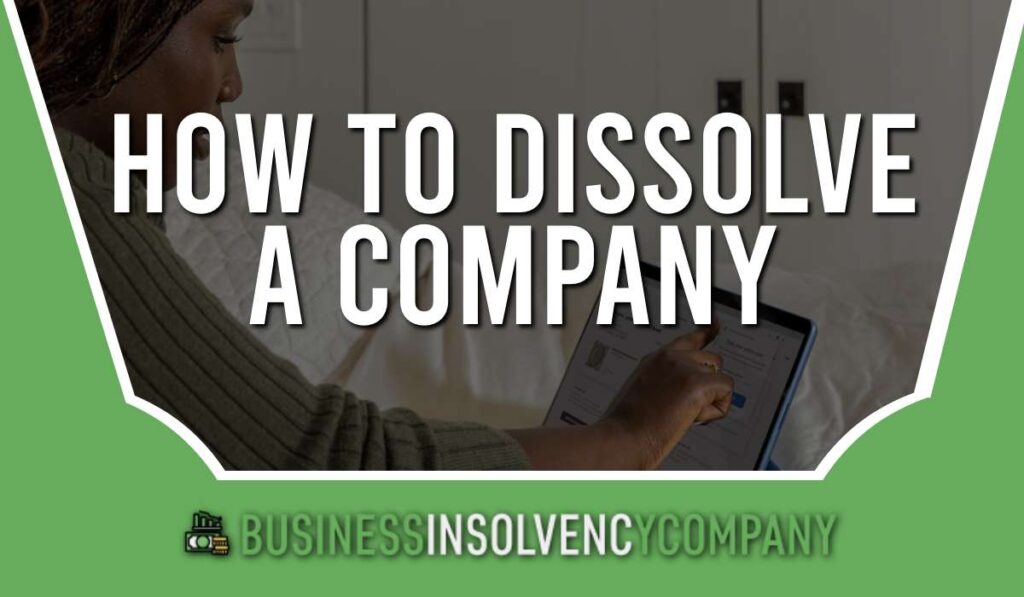









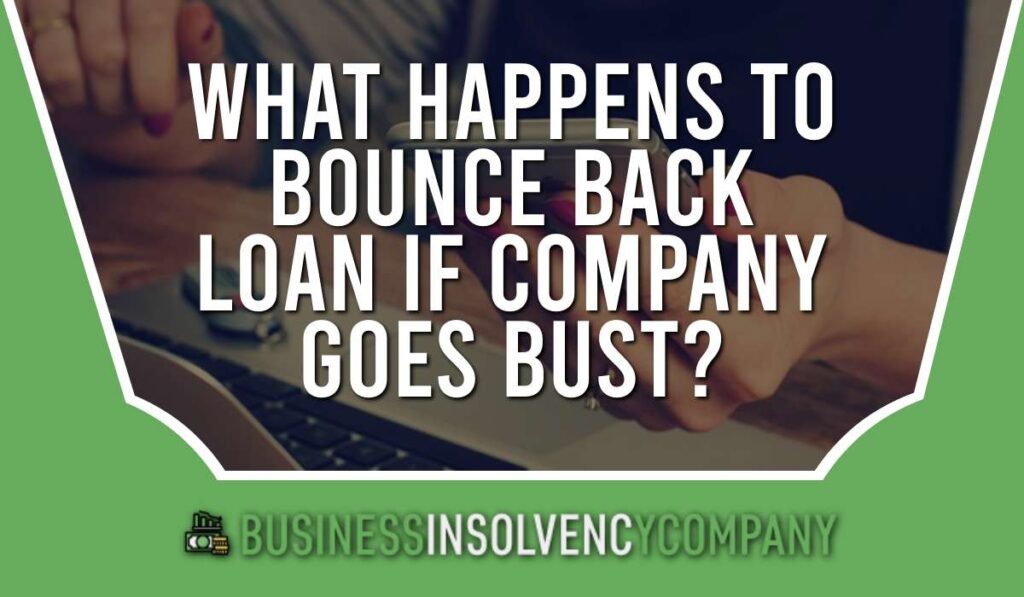
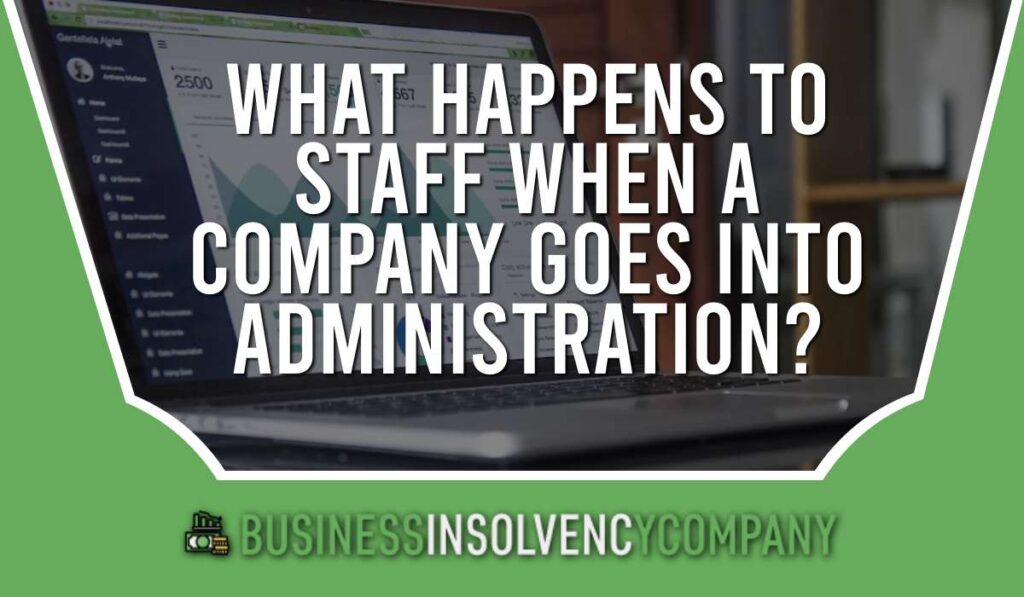

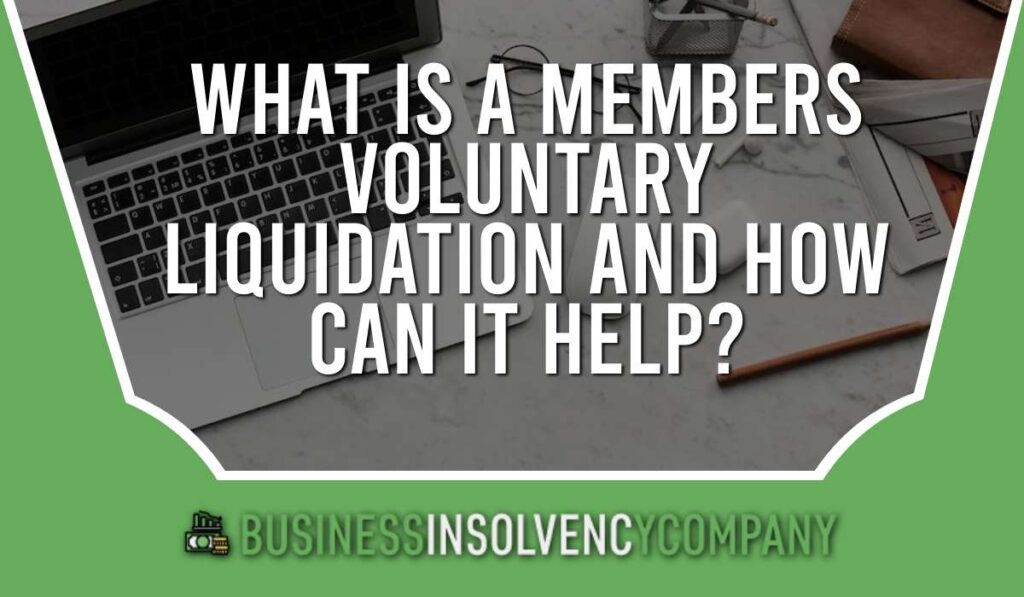



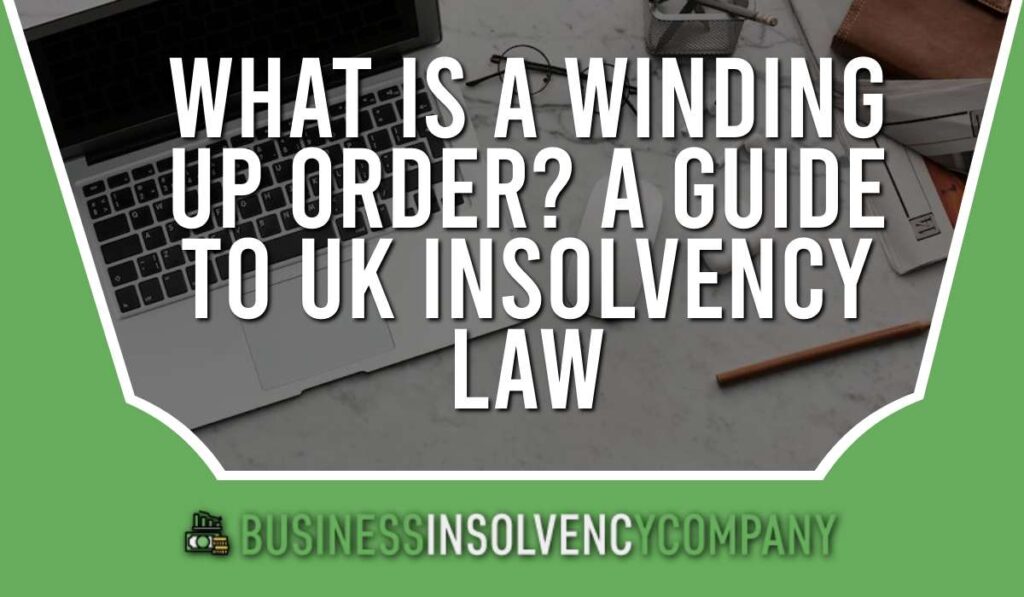




We Aim To Reply To All Enquiries With-in 24-Hours